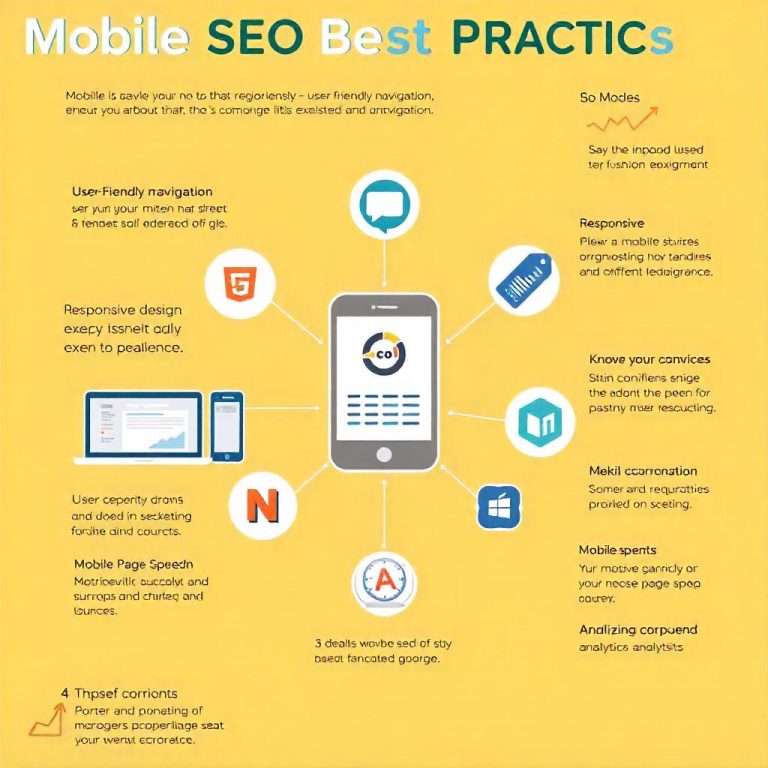Importance Of Keywords In SEO
Keywords are the foundation of search engine optimization (SEO). They are the specific words or phrases users type into search engines when looking for information, products, or services. Understanding and strategically using keywords is essential for driving organic traffic, increasing visibility, and improving search engine rankings. Here’s a breakdown of why keywords are so critical in SEO:
Unlock Your Writing Potential and Start Earning Today with our read online E-book
1. Understanding User Intent
Keywords provide insight into what users are searching for and what kind of content they want. Different types of keywords reveal various levels of user intent:
- Informational: Users seek knowledge (e.g., “how to train a puppy”).
- Navigational: Users look for a specific site or brand (e.g., “Facebook login”).
- Transactional: Users are ready to make a purchase or take action (e.g., “buy running shoes online”).
Knowing these intents helps you tailor your content to meet user needs and create pages that match each stage of the buyer’s journey.
2. Improving Search Engine Rankings
Keywords help search engines understand the context of your content. When a page includes targeted, relevant keywords, Google and other search engines can better assess what the page is about, making it more likely to appear in search results for those terms. Proper keyword usage in titles, meta descriptions, headers, and content boosts your chances of ranking higher for relevant searches.
3. Attracting Targeted Traffic
Keywords that accurately reflect your business, products, or services bring in visitors who are more likely to engage with your content, sign up for services, or make purchases. For example, if you run an eco-friendly apparel store, targeting keywords like “sustainable fashion” or “organic cotton clothing” will attract environmentally conscious shoppers.
4. Creating Relevant and Valuable Content
Knowing the keywords your target audience searches for allows you to create content that addresses their needs. Keyword research uncovers the most popular topics and questions, which helps you build a content strategy around what users genuinely care about. Content aligned with popular keywords can increase engagement, page views, and social shares.
5. Building a Stronger On-Page SEO Structure
Keywords play a crucial role in optimizing on-page SEO elements, such as:
- Title Tags: Including keywords in the title tag increases relevance.
- Meta Descriptions: Keywords in the meta description can attract clicks by showing users that your content aligns with their search.
- Headings: Structured headings with keywords improve readability and help search engines understand content hierarchy.
- Image Alt Text: Keywords in image descriptions boost accessibility and give search engines more context.
Top Free Digital Marketing Online Courses to Boost Your Skills (Get List And Websites
These practices not only improve SEO but also create a better experience for users.
6. Enhancing Local SEO for Geo-Targeted Searches
Local SEO relies on keywords that include location-specific terms, such as “best sushi restaurant in San Francisco.” Local keywords help local businesses appear in searches from users nearby, making keywords vital for reaching regional customers.
7. Supporting Paid Search Campaigns
Keyword research for SEO provides valuable data that can be used to enhance paid search (PPC) campaigns. Keywords with high search volume and relevance can guide your ad copy, targeting, and bidding strategies, increasing your ROI by reaching the right audience through both organic and paid search channels.
8. Staying Competitive in Your Industry
Effective keyword research allows you to identify gaps or opportunities in your industry. By analyzing competitor keywords and their search volume, you can uncover unique terms or phrases that competitors may be underutilizing, helping you capture an audience they might miss.
9. Improving Conversion Rates
Keywords that align with user intent can lead to higher conversion rates. For example, transactional keywords such as “buy,” “order,” or “get a quote” attract users closer to making a purchase decision. Optimizing content with such keywords can drive more conversions by reaching users ready to take action.
10. Adapting to Changing Trends
Keyword trends evolve as new topics and interests emerge. Regularly updating your keyword strategy helps you stay relevant to changes in consumer behavior and search engine algorithms, ensuring your content remains aligned with current search trends.







